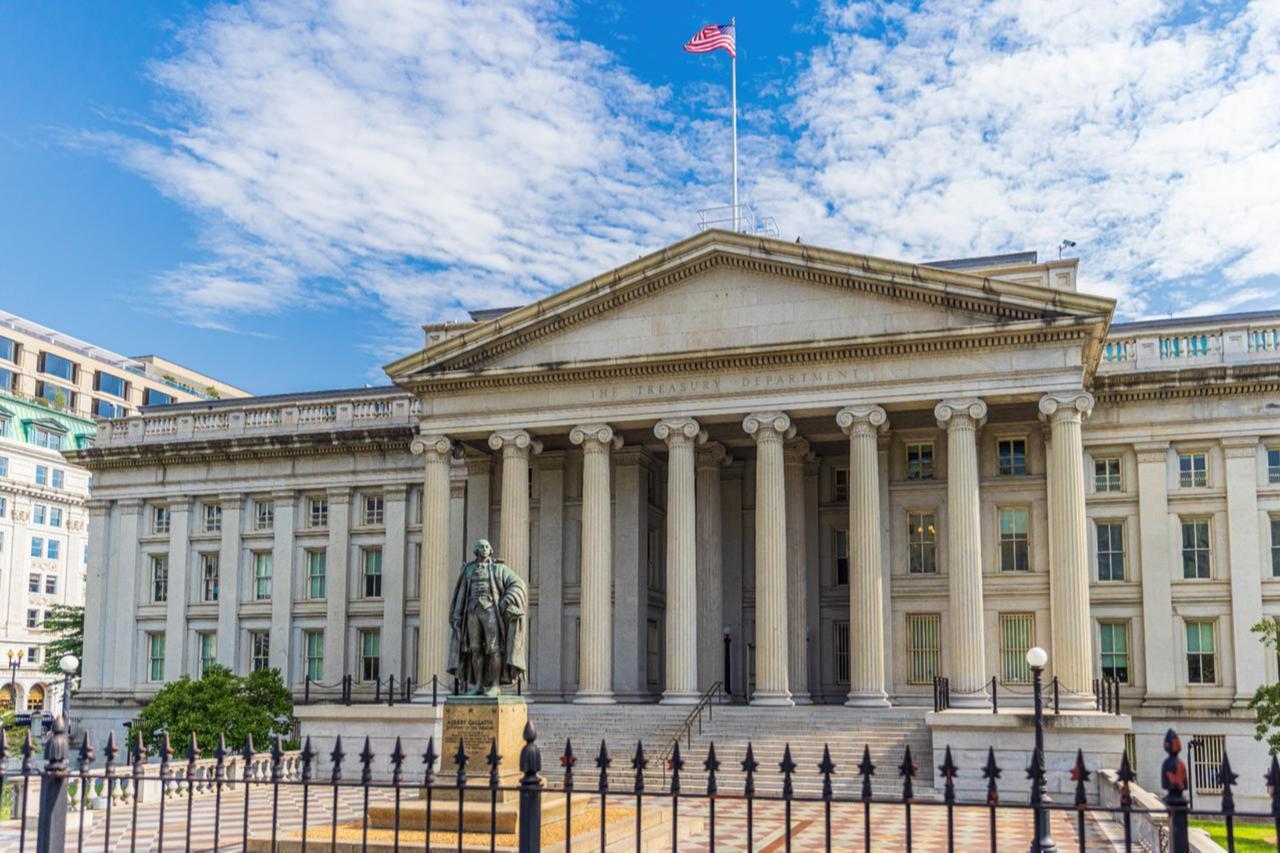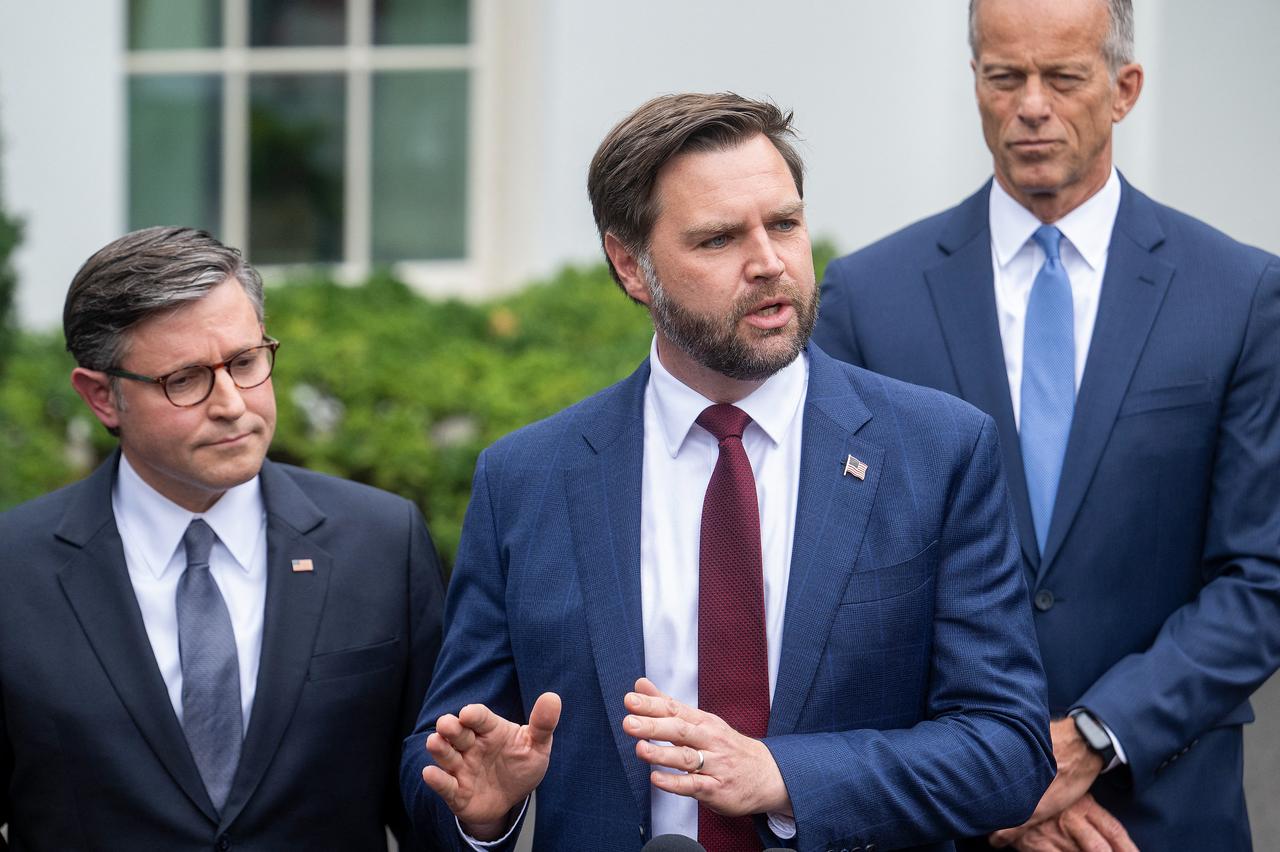
The United States entered the final 24 hours before its new fiscal year deadline on Tuesday, with lawmakers racing to approve a federal budget and avoid a government shutdown, leaving markets scanning every signal from Washington.
If no agreement is reached, the government will lose its authority to spend, forcing a suspension of most public services until a deal is made.
Under U.S. law, the federal fiscal year runs from October 1 to September 30. Failure to approve a budget in time automatically restricts government spending, leading to what is commonly referred to as a "shutdown."
In the event of a shutdown, federal employees deemed "non-essential" are placed on unpaid leave, while key functions continue.
The military, intelligence agencies, doctors and nurses at public hospitals, prison staff, and airport security officers are expected to remain on duty.
Vice President Vance said after talks at the White House that he believed, "we are heading toward a shutdown because Democrats will not do the right thing."
Negotiations between Democrats, Republicans, and President Donald Trump have so far failed to break the deadlock.

Global markets are closely watching the developments, as a shutdown could unsettle investors already concerned about a slowing U.S. labor market, persistent inflation risks, and high equity valuations.
Previous shutdowns have usually been temporary, but analysts warn that the current situation could lead credit rating agencies to reassess the country’s standing. In May, Moody’s downgraded the U.S. credit rating, citing fiscal pressures.
The U.S. Department of Labor stated that a shutdown would halt the publication of federal economic data.
This could include the widely watched nonfarm payrolls report scheduled for release on Friday, a key indicator for both financial markets and policymakers.
The airline sector has also raised concerns.
Airlines for America, a trade association representing major carriers such as United Airlines, Delta Air Lines and American Airlines, warned that operations could be affected if air traffic controllers and security officers are forced to work without pay.
The group cautioned that such conditions could slow flight operations across the country.